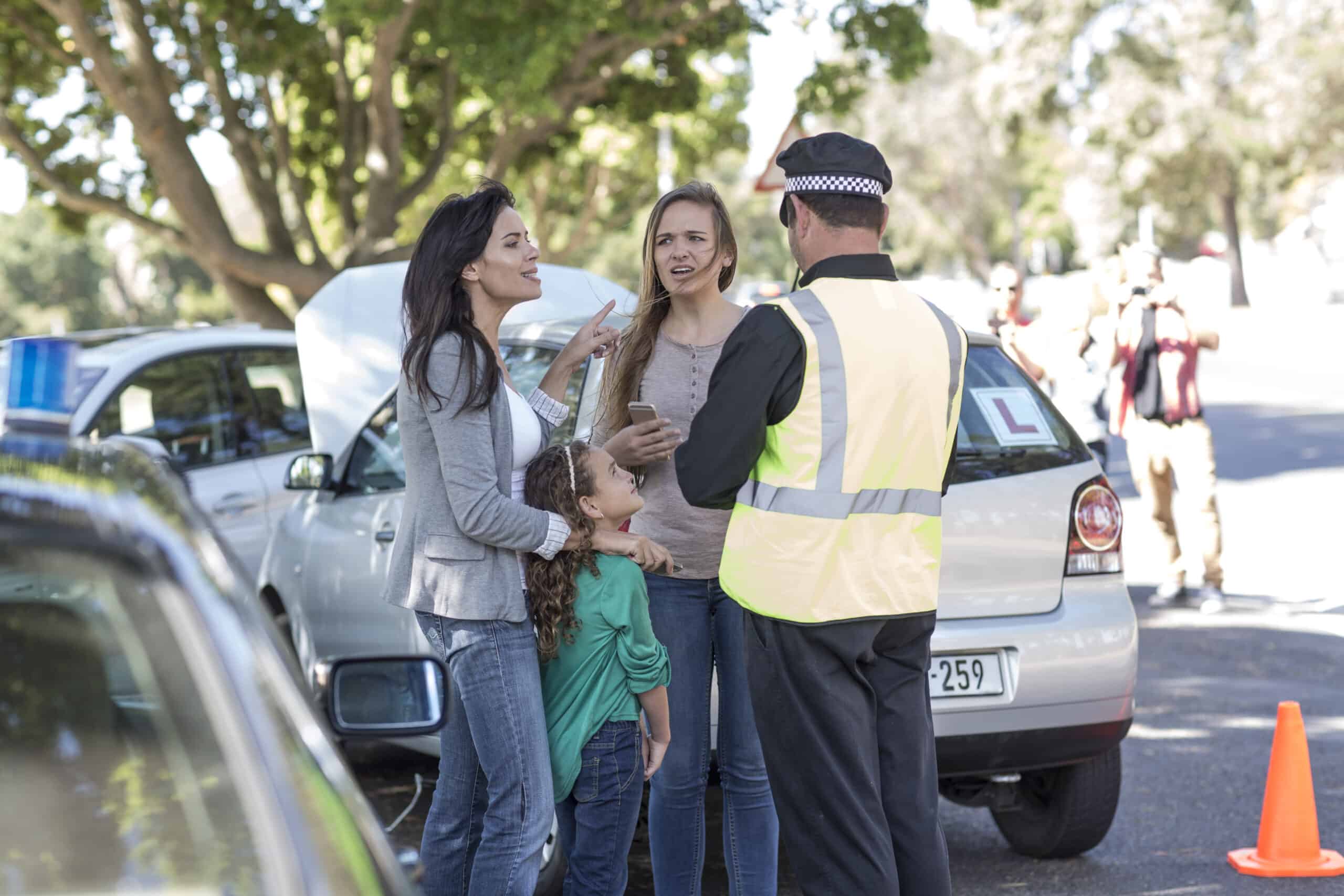When Does a Traffic Violation Become a Criminal Offense? – Guest Post

Every day, millions of drivers hit the road without a second thought about the complexity of traffic laws. While most of us have experienced minor infractions like speeding or parking tickets, there is a line that, when crossed, turns a simple traffic violation into a criminal offense.
Understanding this line is crucial, not only for maintaining a clean legal record but also for ensuring public safety. In this article, we will explore the circumstances under which traffic violations escalate to criminal charges, backed by real-world examples and insights from legal professionals.
Understanding the Basics of Traffic Violations
Traffic violations generally fall into two categories: infractions and misdemeanors. Infractions are minor offenses that usually result in fines or points on your driving license. Speeding, running a red light, or illegal parking are typical examples. They are considered non-criminal offenses and often do not require a court appearance.
In contrast, misdemeanors and felonies are criminal offenses that carry more severe penalties, including jail time. These are typically more serious and involve reckless behavior that endangers others. Understanding the distinction between these categories is fundamental to grasping when a violation becomes criminal.
Reckless Driving as a Criminal Offense
Reckless driving is one of the most common traffic violations that can escalate to a criminal offense. This charge does not merely reflect poor driving habits; it indicates a willful disregard for safety. Reckless driving can encompass a variety of behaviors, such as excessively speeding, tailgating, or weaving through traffic aggressively.
For instance, driving 30 miles per hour over the posted speed limit in many states can be classified as reckless driving. According to the National Highway Traffic Safety Administration (NHTSA), aggressive driving, which often includes reckless behavior, contributes to 56% of fatal crashes. This statistic underscores the severity of such actions and why they are treated as criminal offenses.
Driving Under the Influence (DUI)
Driving under the influence of alcohol or drugs is universally recognized as a criminal offense. A DUI charge is not merely about exceeding a legal blood alcohol content (BAC) limit; it’s about the impairment of your ability to safely operate a vehicle. In 2020, the NHTSA reported over 11,000 deaths resulting from alcohol-impaired driving crashes, accounting for nearly 30% of all traffic-related fatalities.
The legal consequences of a DUI are substantial. Penalties typically include hefty fines, license suspension, mandatory alcohol education programs, and even imprisonment. Given the potential for harm, courts treat DUIs extremely seriously. In many states, a second or third DUI offense can result in felony charges, further underscoring the gravity of this criminal offense.
Hit and Run Incidents
Leaving the scene of an accident, especially when someone is injured or property damage occurs, is classified as a hit-and-run offense, and it is criminal in nature. The law mandates that drivers involved in accidents must stop, provide their information, and assist anyone who might be injured.
A hit and run can result in severe penalties, including points on your driving record, fines, and jail time, varying by state and the severity of the incident. Hit and run cases reflect a disregard for legal and ethical responsibilities, which is why they are heavily prosecuted. In some cases, hit and run incidents can even result in felony charges, depending on the extent of harm caused to others.
Driving with a Suspended or Revoked License
Continuing to drive with a suspended or revoked license is a criminal offense with significant ramifications. This suspension often results from previous violations or accumulated points on a driver’s license. Ignoring such a suspension demonstrates a blatant disregard for the law and public safety.
Penalties for this offense vary but often include fines, further suspension, and potentially jail time. Attorneys frequently encounter these cases, emphasizing the importance of adhering to license restrictions and resolving any suspensions legally. Furthermore, insurance implications are significant; a suspended license often leads to increased premiums or difficulty obtaining insurance coverage altogether.
Vehicular Manslaughter
In rare but tragic cases, traffic violations can result in vehicular manslaughter charges. This criminal offense occurs when a person causes the death of another while operating a vehicle recklessly or under the influence. It is considered a felony in most states, with penalties including significant fines and possible imprisonment.
In addition to legal consequences, this charge can also have long-lasting emotional and psychological impacts on both the offender and the victim’s loved ones. It serves as a sobering reminder that even seemingly minor traffic violations can have devastating consequences. It’s essential to remember that safe and responsible driving is also about protecting the safety of ourselves and others on the road.
Understanding when a traffic violation becomes a criminal offense is essential for every driver. Not only does it help avoid legal complications, but it also promotes safer roads for everyone. By staying informed about traffic laws and their implications, drivers can make better decisions and contribute to community safety.
For those facing potential charges from traffic violations, consulting with criminal defense attorneys from firms like Galumbeck, Stiltner & Gillespie, can provide valuable guidance and defense strategies. They can help interpret specific state laws and offer advice tailored to individual cases.

Recent Comments